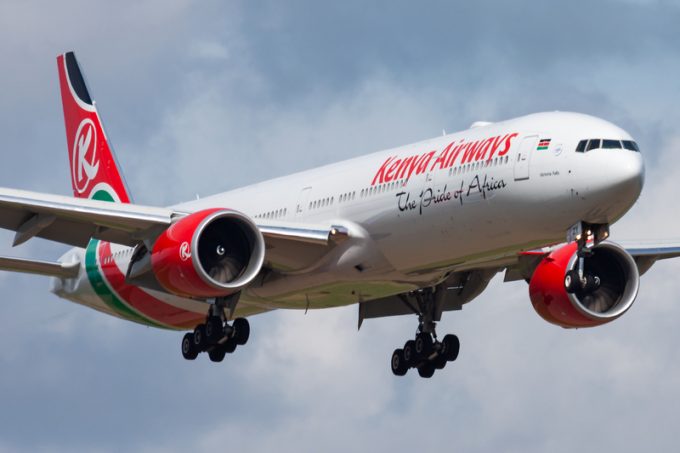New emissions rules may have little impact on the global air cargo fleet
Incoming ICAO emissions standards will have little impact on the freighter market, considering they will ...

Kenya Airways (KQ) is on a mission to increase its cargo business from 10% of its total revenue today to at least 20% in five years.
During the airline’s AGM in Nairobi in June, CEO Allan Kilavuka said the carrier would add two converted B737-800 freighters to its fleet and, potentially acquire another widebody freighter in the longer term.
Mr Kilavuka gave no further details, so The Loadstar asked aviation analysts at IBA and Lufthansa Consulting how things might play out for ...
Asia-USEC shippers to lose 42% capacity in a surge of blanked sailings
Why ROI is driving a shift to smart reefer containers
USTR fees will lead to 'complete destabilisation' of container shipping alliances
New USTR port fees threaten shipping and global supply chains, says Cosco
Transpac container service closures mount
Outlook for container shipping 'more uncertain now than at the onset of Covid'
DHL Express suspends non-de minimis B2C parcels to US consumers

Comment on this article